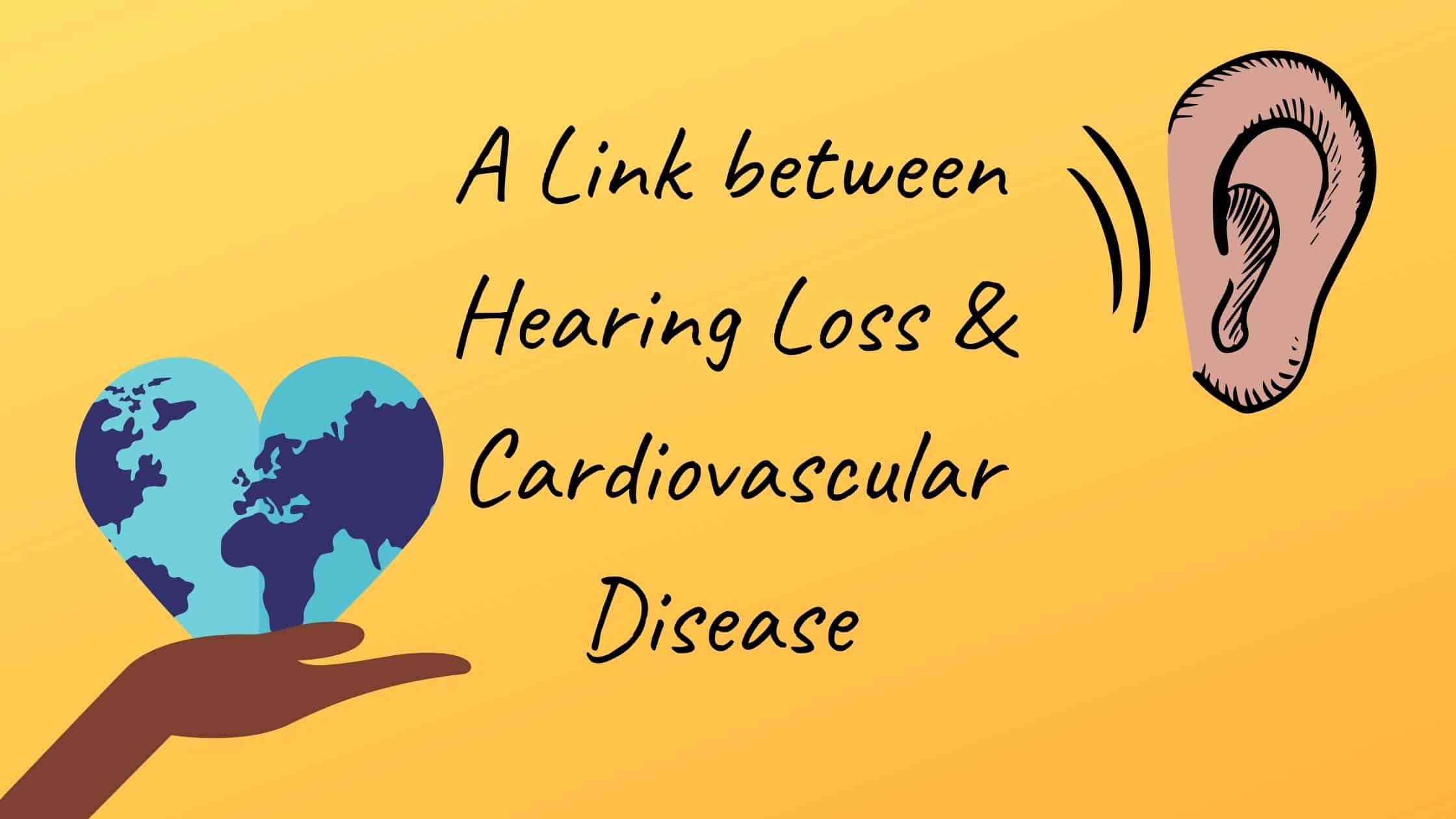
Our bodies are dense networks of connections, and these webs of interdependence make them function as an organic whole. Without oxygenated blood, our lungs would not be able to do their work of pumping air in and out, and, conversely, the cardiovascular system would have no nutrient rich blood to circulate without the nourishment provided by the lungs. At a macro level, the hands require nourishment to do their work, but they also are used to reach out and grab food and water to pull into the body as nourishment.
This interdependence is what makes the human body seem truly miraculous, yet these same connections also make it possible to experience a domino rally of negative effects. If one organ or system of the body is compromised, then the other parts of the body can suffer effects as a chain result. When it comes to the cardiovascular system, the web of related effects extends truly to every corner, crack, and crevice of the body and its organs.
We know that the body cannot survive for long without freshly oxygenated blood pumping to its furthest reaches, meaning that heart disease is among the direst of health concerns. Among the many parts of the body that are affected by cardiovascular disease, hearing is no exception. Let’s take a moment to consider this specific connection, as well as the lifestyle decisions you can practice to keep your heart and hearing in top shape.
Cardiovascular Health and Hearing
Just like the other parts of the body, the inner ear requires support and sustenance from the heart and blood vessels to do its work. Unlike other body parts, however, the tiny hairlike organelles of the inner ear called stereocilia are incredibly sensitive and susceptible to damage. It is amazing that these minuscule body parts are able to withstand the constant inundation of a lifetime of hearing. They remain sensitive to the slightest differences in pressure, making us able to discern the sound of an oboe from a clarinet and the tone of voice that means concern from the tone that means affirmation.
Such a sensitive body part requires a steady flow of oxygenated blood to remain in top shape, and even a slight deprivation of those nutrients can lead to damage. For this reason, hearing loss can be understood, in some cases, as an early warning sign of cardiovascular disease. When the heart struggles to pump enough blood through the body, some organs are more resilient than others. While the ears are quite sensitive to loss of oxygenated blood, they are one way to tell that something might be wrong.
How to Promote a Healthy Cardiovascular System
The two main steps you can take to promote a healthy cardiovascular system are to keep your heart muscle active and to fill the body with the things it needs to keep a clear pathway from the heart to the ears and all other reaches of the body. What does that mean, exactly?
When it comes to exercise, many forms of motion are necessary to keep the body in good shape, but the cardiovascular system relies on temporary stresses to push its limits. Specifically, cardio workouts that get the heart pumping faster for a short time tend to expand the capacity of the heart to do its job. Cardiovascular workouts are not only running, biking, and swimming, though each of those is a great example. Walking, gentle aerobics, and some types of yoga can raise the heart rate enough to expand its capacity.
When it comes to the foods that promote heart health, several different approaches can do the trick. One of the most popular heart-healthy diets is called the alternative Mediterranean diet. This eating regimen encourages plenty of whole grains, fresh vegetables, and fruits, while limiting processed foods, sugars, and saturated fats. Olive oil has been shown to be better for the blood vessels than other types of fats that tend to clog the system, and many of the benefits of fish and seafood serve the cardiovascular system, as well. With these principles in mind, you can reap the rewards of a healthy heart, not the least the preservation of your hearing ability as you get older.
If you are concerned about your hearing abilities, we’re here to help! Contact us today to schedule an appointment for a hearing test.
